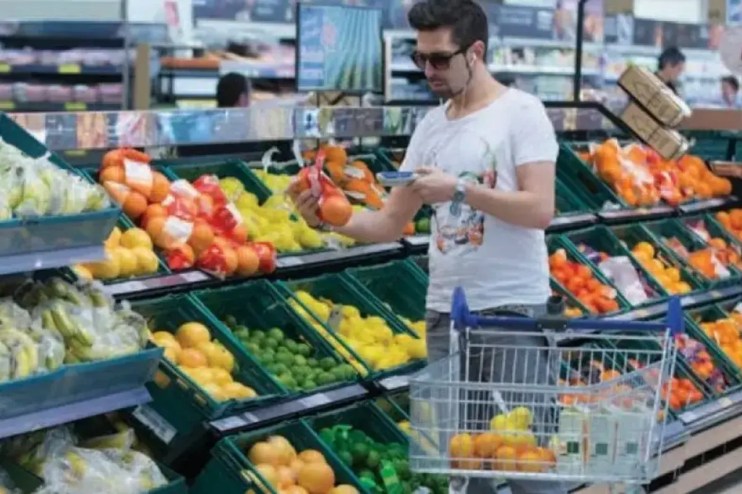Grocery inflation slowed as supermarket discounts deepened

Grocery inflation in January slowed for the first time in six months after supermarkets lowered prices in response to stretched household budgets.
Inflation was 3.3 per cent in January, easing from 3.7 per cent in December, according to the latest figures from Kantar.
Prices rose for chocolate, juices and butters, but fell for cooking sauces, toilet paper and cat food.
“Supermarkets were dishing out the discounts this New Year, and consumers responded,” Fraser McKevitt, head of retail and consumer insight at Kantar, said.
Spending on promotions rose year-on-year by £274 million, accounting for 27.2 per cent of sales – the highest level in January since 2021.
Grocery prices have inflated every month since last August, but the rate of growth remains far below the double-digit figures seen during the cost-of-living crisis.
However, recent forecasts from the British Retail Consortium (BRC) have suggested that food prices will rise by an average of 4.2 per cent in the second half of this year, although this is far above other analysts’ estimates.
免责声明:投资有风险,本文并非投资建议,以上内容不应被视为任何金融产品的购买或出售要约、建议或邀请,作者或其他用户的任何相关讨论、评论或帖子也不应被视为此类内容。本文仅供一般参考,不考虑您的个人投资目标、财务状况或需求。TTM对信息的准确性和完整性不承担任何责任或保证,投资者应自行研究并在投资前寻求专业建议。
热议股票
- 1
- 2
- 3
- 4
- 5
- 6
- 7
- 8
- 9
- 10